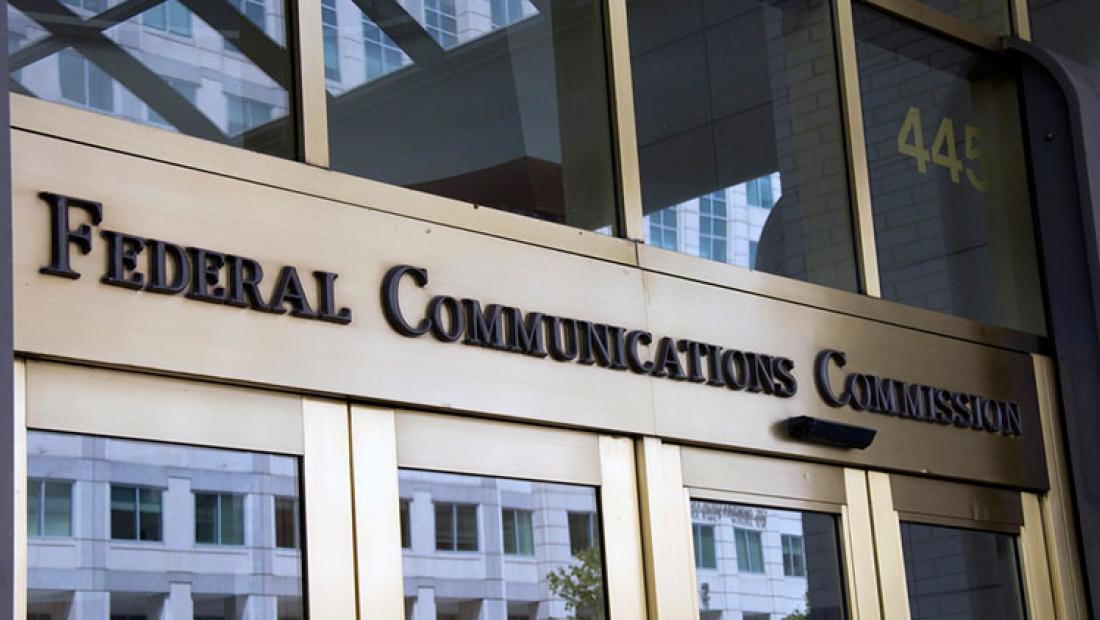Sources: FCC Sends Net Neutrality Order to Hill

The smarter way to stay on top of broadcasting and cable industry. Sign up below
You are now subscribed
Your newsletter sign-up was successful
The FCC Republicans' net neutrality rollback has left the building, but just what that means is an issue for debate.
The FCC's Restoring Internet Freedom order net neutrality rule rollback has been delivered to the Senate and House, according to FCC and Hill sources.
What is less clear is what that means in terms of the timing of the rules' effective date or challenges to the rules from the Hill.
According to Hill sources, the clock will actually not start on the Senate's effort to expedite nullification via a Congressional Review Act resolution--the Senate has 60 legislative days to do so--until publication in the Federal Register, which could take months, as it did under FCC chairman Julius Genachowski for the 2010 Open Internet order.
Related: IIA's Boucher: CRA Isn't Answer
A source in the office of Sen. Ed Markey (D-Mass.), who is pushing the Senate CRA effort, confirmed that that the rules had been delivered, but also that the CRA process does not start until three things happen, 1) the rules are sent to the Senate, 2) to the House, and 3) published in the Register (one Hill source said it might have also gone to the House). But still not exactly clear was whether incomplete publication triggered the Hill effort to nullify the entire order.
Related: Markey Says All Senate Dems Back CRA
In some cases, rules are sent to the Register minus provisions that still need sign-off by the Office of Management and Budget (as happened this week with the ATSC 3.0 framework order) because any new information collection provisions, like the net neutrality order's transparency rules, per the Paperwork Reduction Act.
Publication in the Federal Register also triggers the window for the lawsuits that are being filed to try and nullify the decision via route.
In the meantime, the current rules remain on the books.
On Dec. 14, in a politically divided 3-2 vote, the FCC chairman Ajit Pai-led Republican majority eliminated the rules against blocking, throttling, paid prioritization, as well as the "general conduct standard," which gave the FCC a way to potentially prohibit anticompetitive or discriminatory ISP conduct that was not covered by the rules.
Importantly, it also reclassified ISPs as Title I information services, removing them from the common carrier regulatory bucket and giving chief oversight of ISP conduct to the Federal Trade Commission under its unfair, deceptive and anticompetitive authority.
The smarter way to stay on top of broadcasting and cable industry. Sign up below
Contributing editor John Eggerton has been an editor and/or writer on media regulation, legislation and policy for over four decades, including covering the FCC, FTC, Congress, the major media trade associations, and the federal courts. In addition to Multichannel News and Broadcasting + Cable, his work has appeared in Radio World, TV Technology, TV Fax, This Week in Consumer Electronics, Variety and the Encyclopedia Britannica.

